Gigenis: The Generation of the Earth at Sadler’s Wells
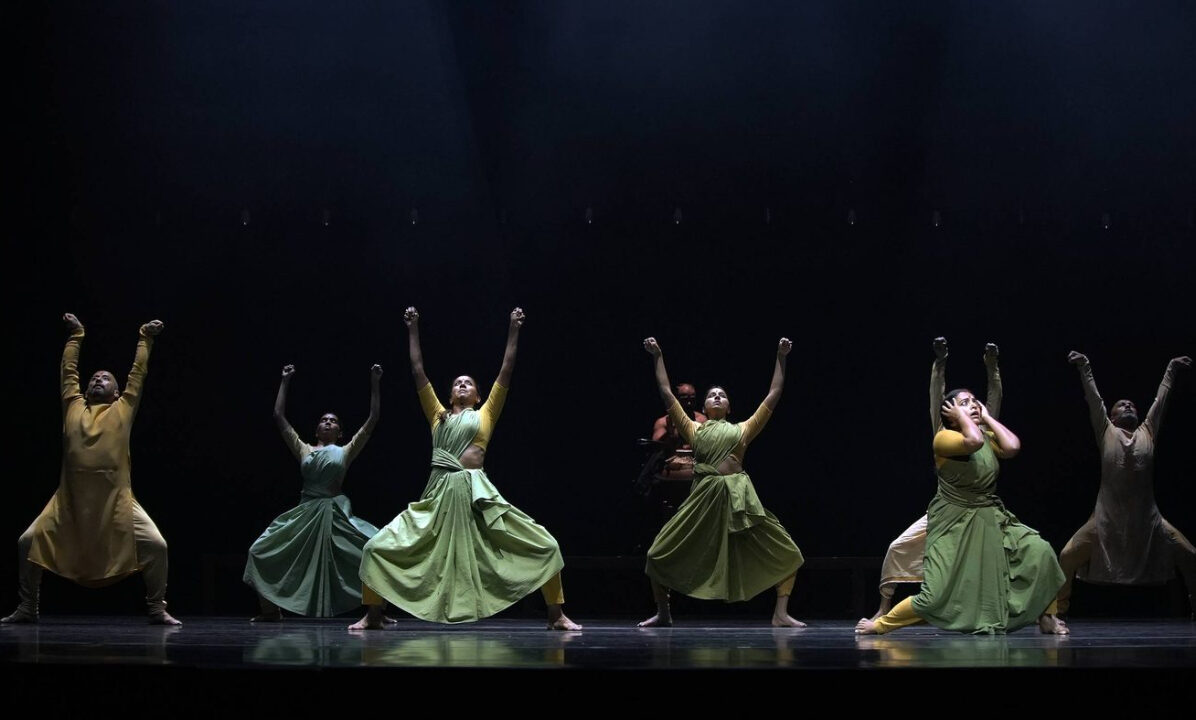
Internationally renowned dancer, director and choreographer Akram Khan’s productions are known to generate a packed house, and this evening is no different, with his London premiere of Gigenis: The Generation of the Earth. The hour-long piece explores ancient ideas and themes, primarily based on Indian mythology and threaded together through tradition.
Seven dancers, including Khan himself, take to the stage, his first appearance in four years, accompanied on both sides by singers and musicians, playing an assortment of instruments including violin, double bass, Indian folk tabla and percussion.
Unnerving sounds set the scene, backed by screeching vocals, the ensemble participating in a crowning ceremony. The thunderous – and initially much too loud – music and overwhelming vocals are alarming and confrontational, but intentional. Inspired by the classic Indian epic Mahabharata, in which Khan first toured as a teenager on Peter Brook’s production, the British Bangladeshi describes his work as “a reconciliation between past and present…”
Gigenis revolves around a mother who loses her husband at war, and consequently sees her sons compete for the throne. Khan is a great antagonist, propelling the story forward with his demeanour and desire to be the next ruler, while his brother is a much more peaceable counterpart. The rivalry and chaos that ensues is reminiscent of another epic, Ashoka, in which we see similar themes.
Thriving on alarming and surprising its audience, Gigenis combines classical Indian dance forms Kathak, Bharatanatyam, Odissi, and one of the oldest theatre traditions in the world, Kutiyattam, juxtaposed with more contemporary arrangements, reflecting Khan’s background. Darkness is overturned by light and love, the adoration expressed through Vijna Vasudevan and Renjith Babu’s beautiful duet, displaying ease, and inviting us into their intimate world. Kapila Venu threads her way around the couple, through Kutiyattam, as we see both sets of dancers tell their stories; it is abundantly clear that their hands are just as vital to the form of expression as their bodies, twirling into butterflies and other stunning gestures. The production also evokes Samsara, the 2011 documentary, which takes its name from the Buddhist belief in rebirth after death. Songs are sung in Malayalam, Tamil, Hindi and Bengali, the final song a deeply moving rendition of Rabindranath Tagore’s O Amar Desher Mati.
Khan’s long-time collaborator Mavin Khoo mentions in the programme that Gigenis wasn’t necessarily about giving the world-class dancers an opportunity to show their work internationally, but allowing the Western world a chance to see and appreciate these ancient and traditional forms. This is the choreographer’s first time directing an ensemble with an Indian classical background, and after seeing tonight’s performance, this may be just the beginning of many wonderful collaborative projects to come.
Selina Begum
Photo: Maxime Dos Productions Sarfati
Gigenis: The Generation of the Earth is at Sadler’s Wells from 20th until 24th November 2024. For further information or to book visit the theatre’s website here.
Watch the trailer for Gigenis: The Generation of the Earth at Sadler’s Wells here:

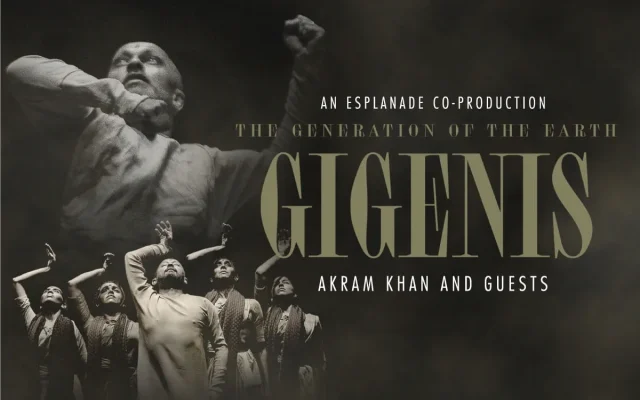
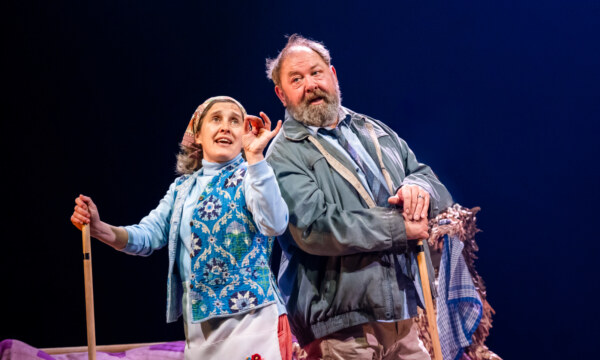

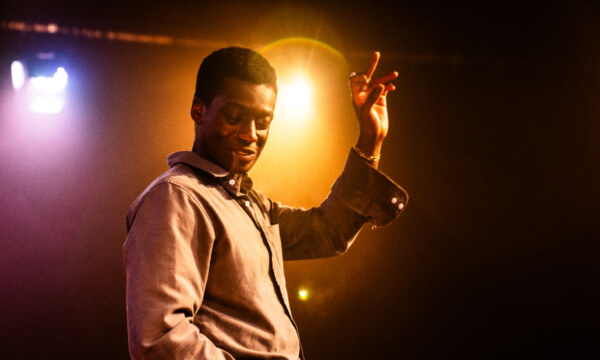
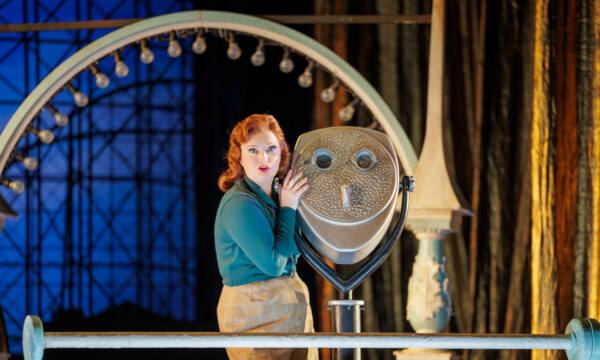
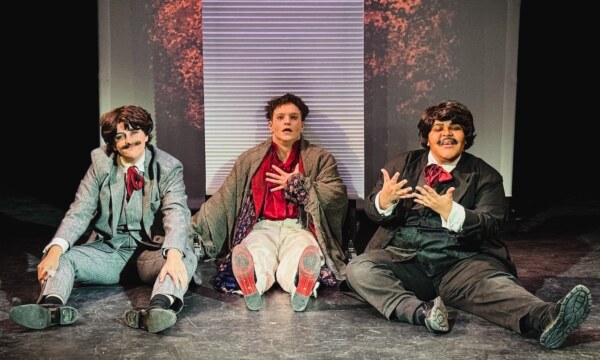
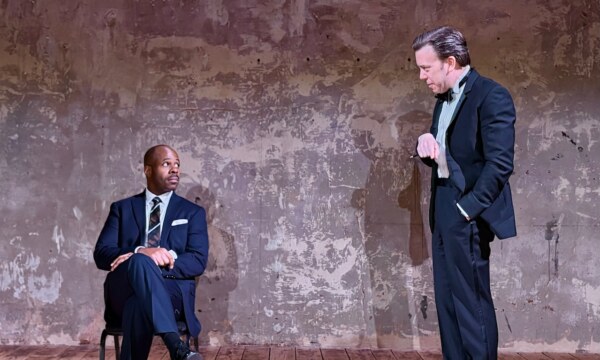


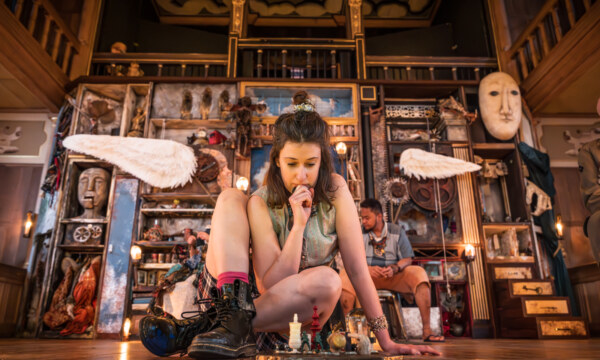



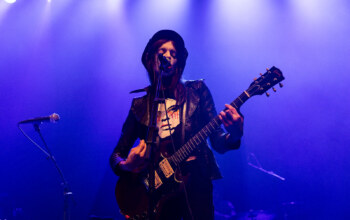






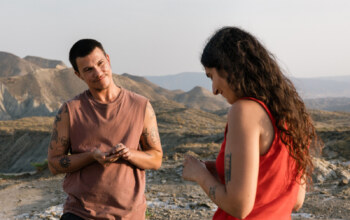




Facebook
Twitter
Instagram
YouTube
RSS